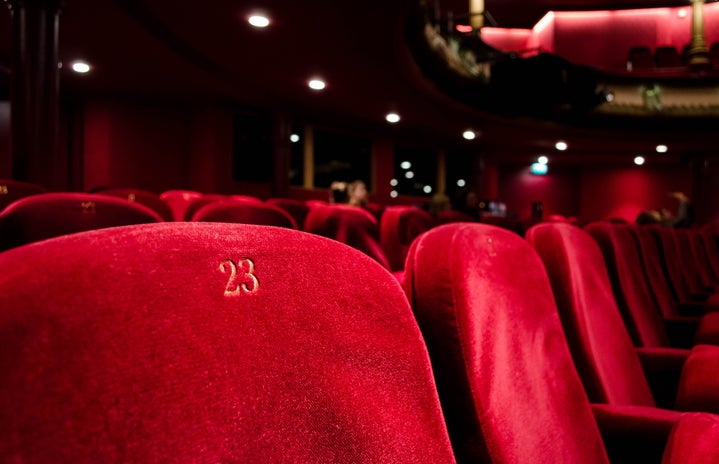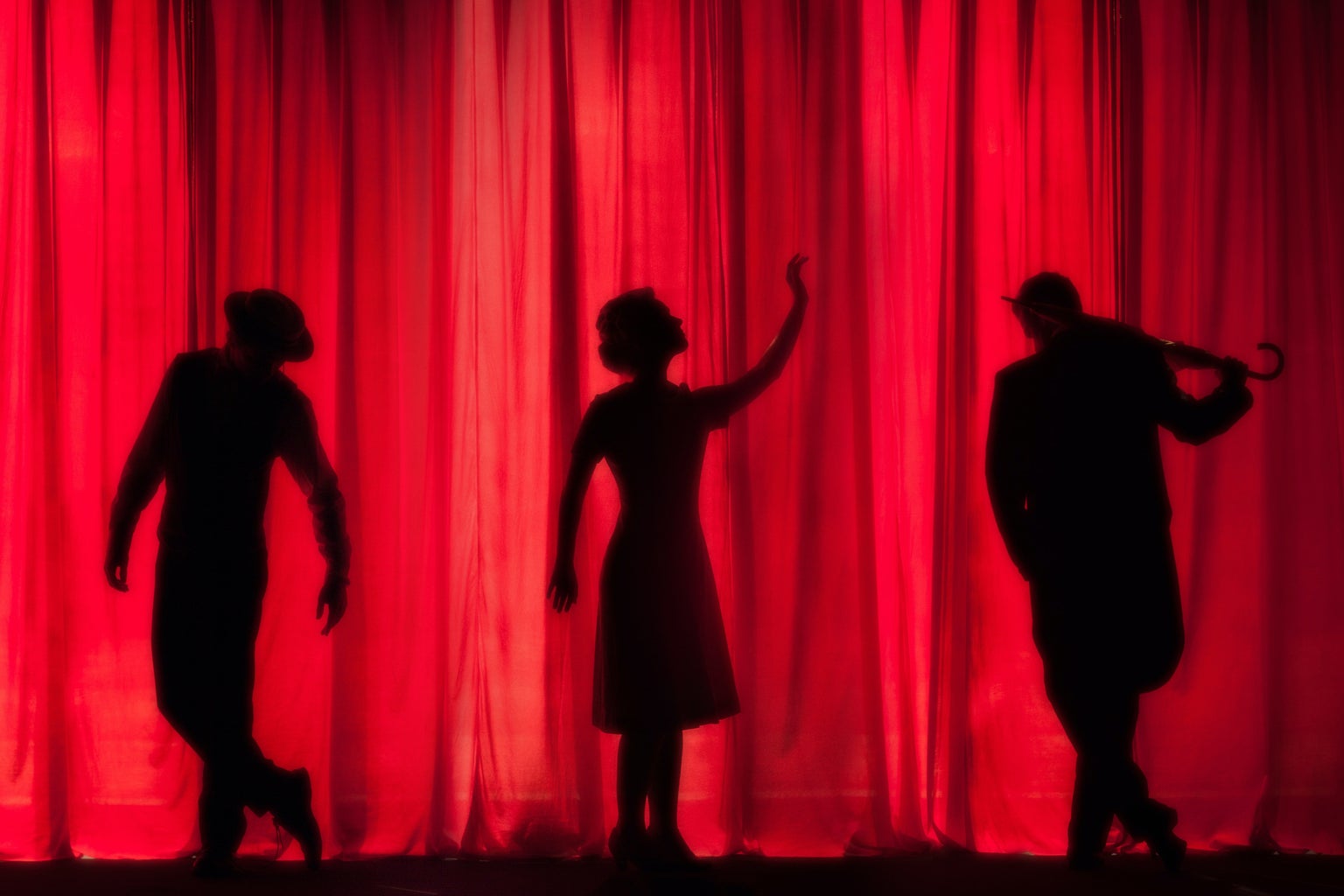Your friend, on all fours, growls at you from a few feet away. In response, you, also crawling, bark, and approach him. For some, this sounds like a nostalgic memory of playing make-believe in the park as a child. For myself and 21 other undergraduate students, it’s just another afternoon in Fundamentals of Acting I, the introductory acting class through UC Berkeley’s Theater, Dance, and Performance Studies department.
There has been a widespread stigma for a long time about the “weird theater kid.” There’s no denying that we have some strange exercises. Take the activity I just mentioned, for example, where we picked an animal that our character would be and then embodied those animals with our scene partner. That same day, we split into our pairs and sang our lines in a random music style in front of all our classmates. It might seem silly, and some might look at us and say, “This is what you’re spending your college education doing?”
But if you take longer than a second to think about it, the silliness makes perfect sense. I need to be able to trust my scene partner, to give all of myself to them in the brief ten minutes where we share the stage, without fearing what they think of my acting or my choices. Relinquishing everything and letting go is what builds that trust and grounds your performance.
Our instructor, Margo Hall, told us we need to get rid of the third eye that is acutely aware of the audience watching or judging us, and that allows us to put all of our being into the performance. My classmate, Wilhelm Scholz, also a prospective theater major, said that our acting class has been helping him act “more genuinely and in the moment” and “find honesty” in the work. He agrees, “No matter how outlandish, Ms. Margo’s exercises always have a point to them.”
And acting class isn’t just for theater majors. Our class is made up of a variety of scholars, from film majors to psychology majors to molecular and cell biology majors. Another classmate, Kiana, is studying English and education at Cal, and says that the class has been helping her with “talking and interacting with people on a daily basis,” and the best part about it has been meeting the people.”
I constantly utilize my theater skills in the real world. I’ve had very high anxiety for a few years now, but learning how to release the fears of people’s judgment of me while onstage has helped me reduce it in daily life as well. Understanding my character has built my understanding of the people around me and their complexity.
You may have heard the term “art is life” before, and I honestly think it’s true. Art is life. That’s what the second half of the theater major at Berkeley is made up of, the intellectual study of performance; not just onstage, but all around us in everyday life. We read articles from prominent scholars, both in the realm of performance studies and intersecting fields, like Indigenous studies, ethnic studies, and gender and sexuality studies, and then apply the theories and thinking from those in conversation and by going out to watch and analyze performances: plays, musicals, protests, sporting events, the list of what qualifies as performance goes on and on.
Your day doesn’t have to be like my day, first analyzing theories of performance and then learning its physical and emotional techniques. However, as we approach the registration dates for the fall semester, I offer this small suggestion: consider taking a performance class, even if it’s out of your comfort zone. You never know how the lessons may apply to you, and the friends you might make. If you can’t take my word for it, take the words that my classmates (and friends) used to describe the environment: fun, whacky with intention, friendly, chaotic, challenging, caring, comforting, and rewarding.




